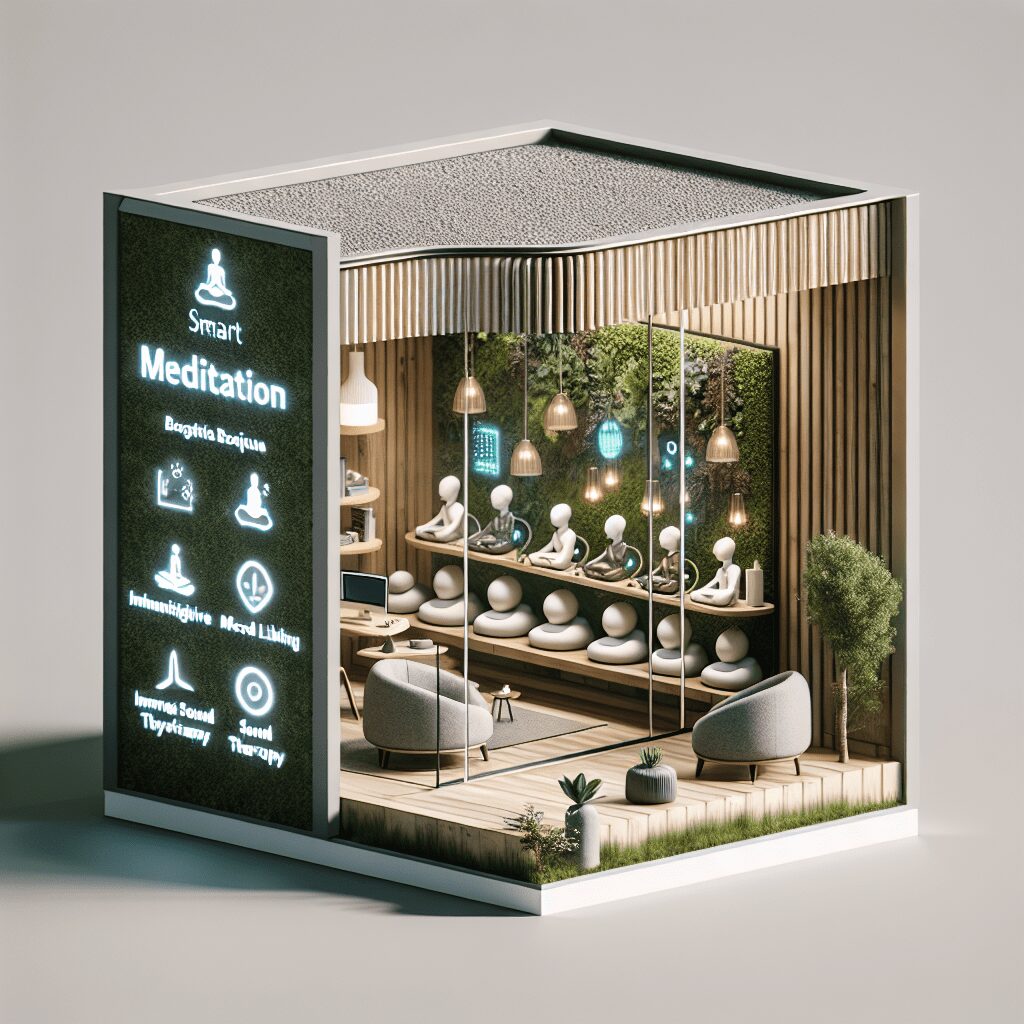
Prioritize your mental well-being daily. Enhance your life by nurturing your mental health with the Smart Meditation app. Break free from stress, alleviate anxiety, and enhance your sleep quality starting today.
Antidepressants Make Me Feel Worse?
Navigating the Complex World of Antidepressants
Embarking on the voyage of finding the right antidepressant can be akin to navigating through a maze. At first glance, it seems like a straightforward path toward feeling better. Yet, for some, the journey can unexpectedly take a detour, making them feel worse before any sign of improvement appears. It’s a puzzling and often frustrating scenario that leaves many scratching their heads and asking, “Why do antidepressants make me feel worse?”
Understanding the Paradox
At the heart of this enigma lies the complex nature of antidepressants themselves and the unique chemistry of the human brain. Antidepressants, while designed to alleviate symptoms of depression and anxiety, don’t always hit the bullseye on the first try. Here’s a closer look at what could be happening:
-
Adjustment Period: Let’s not beat around the bush – starting any medication, especially antidepressants, is like rolling the dice. Your body needs time to adjust to these new substances. During this adjustment period, which can last from a few weeks to a month or more, it’s not uncommon to experience a range of side effects, including feeling more anxious or depressed. Remember, it’s a bit of a rollercoaster before the ride smooths out.
-
Dosage Dilemma: Finding the perfect dosage is more art than science. If you’re feeling worse after starting antidepressants, it could be that the dosage is either too low or too high. Striking the right balance is crucial and might require a few tries to get it spot on.
-
Chemical Conundrum: The human brain is a marvel, a complex network of neurotransmitters and chemical reactions. Antidepressants aim to alter this chemical balance to improve mood and alleviate depression. However, because everyone’s brain chemistry is unique, a medication that works wonders for one person might be a mismatch for another. It’s a bit of a jigsaw puzzle that sometimes takes a while to complete.
Steps to Take
Feeling worse after starting antidepressants can be disheartening, but it’s not the end of the road. Here’s what you can do to navigate through this challenge:
-
Patience is Key: It might sound like a broken record, but giving your body time to adjust to the medication is crucial. Most side effects are temporary and will likely subside as your body adapts.
-
Open Communication with Your Doctor: Honesty is the best policy here. Keeping your healthcare provider in the loop about how you’re feeling can help them adjust your treatment plan accordingly. This might involve tweaking the dosage or switching medications.
-
Don’t Go It Alone: Relying on support from friends, family, or support groups can make a world of difference when you’re feeling down and out. Sharing your experiences and hearing others can provide comfort and a sense of community.
-
Healthy Habits: Incorporating regular exercise, a balanced diet, and mindfulness practices such as meditation can complement your treatment plan and help improve your overall well-being.
A Beacon of Hope
Feeling worse after starting antidepressants might feel like a setback, but it’s a common part of the journey for many. It’s important to remember that this is not a one-size-fits-all situation; finding the right medication is a process that requires patience, open communication, and a bit of trial and error. With the right support and approach, you can navigate through these choppy waters and find the treatment that works best for you. Remember, the darkest hour is just before dawn – there is hope on the horizon.




